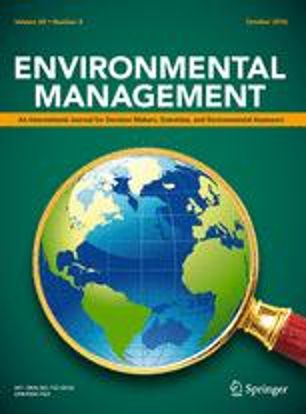Interpreting discourses among implementers of what is termed a "landscape approach" enables us to learn from their experience to improve conservation and development outcomes. We use Q-methodology to explore the perspectives of a group of experts in the landscape approach, both from academic and implementation fields, on what hinderances are in place to the realisation of achieving sustainable landscape management in Indonesia. The results show that, at a generic level, "corruption" and "lack of transparency and accountability" rank as the greatest constraints on landscape functionality. Biophysical factors, such as topography and climate change, rank as the least constraining factors. When participants considered a landscape with which they were most familiar, the results changed: the rapid change of regulations, limited local human capacity and inaccessible data on economic risks increased, while the inadequacy of democratic institutions, "overlapping laws" and "corruption" decreased. The difference indicates some fine-tuning of generic perceptions to the local context and may also reflect different views on what is achievable for landscape approach practitioners. Overall, approximately 55% of variance is accounted for by five discourse factors for each trial. Four overlapped and two discourses were discrete enough to merit different discourse labels. We labelled the discourses (1) social exclusionists, (2) state view, (3) community view, (4) integrationists, (5) democrats, and (6) neoliberals. Each discourse contains elements actionable at the landscape scale, as well as exogenous issues that originate at national and global scales. Actionable elements that could contribute to improving governance included trust building, clarified resource rights and responsibilities, and inclusive representation in management. The landscape sustainability discourses studied here suggests that landscape approach “learners” must focus on ways to remedy poor governance if they are to achieve sustainability and multi-functionality.
Download:
DOI:
https://doi.org/10.1371/journal.pone.0211221
Altmetric score:
Dimensions Citation Count:

























